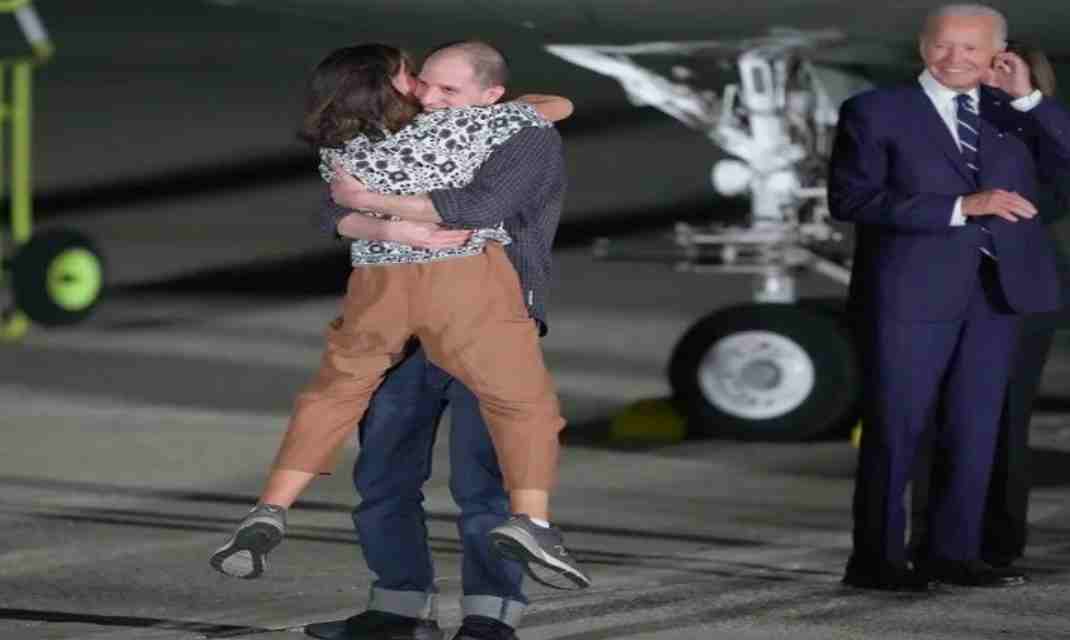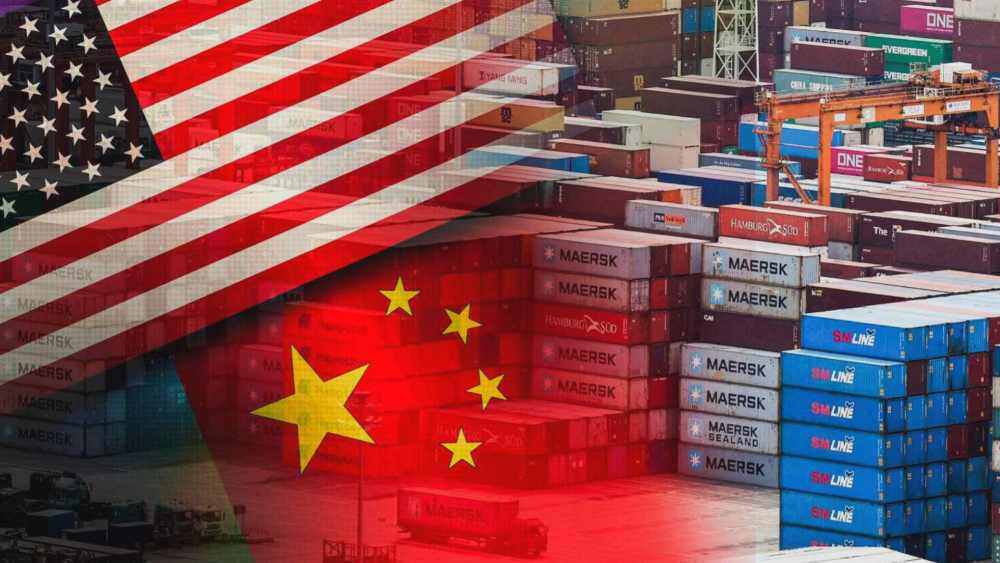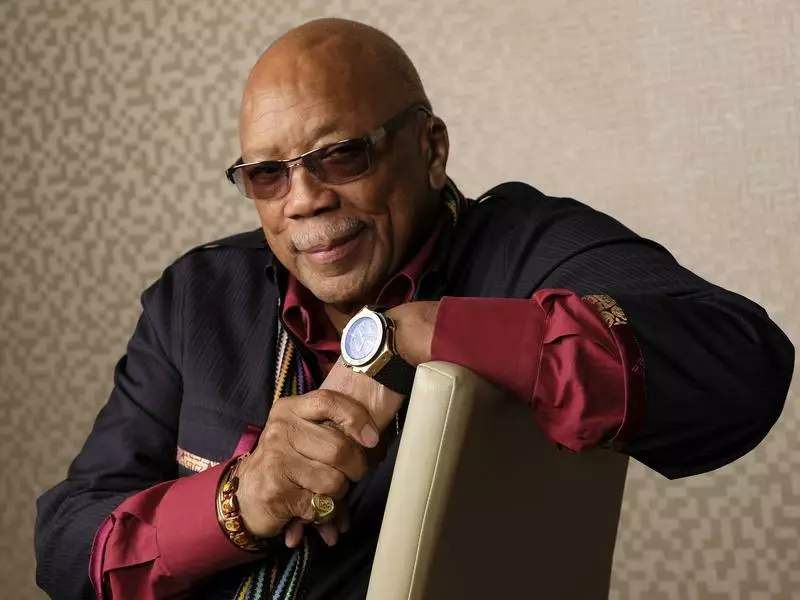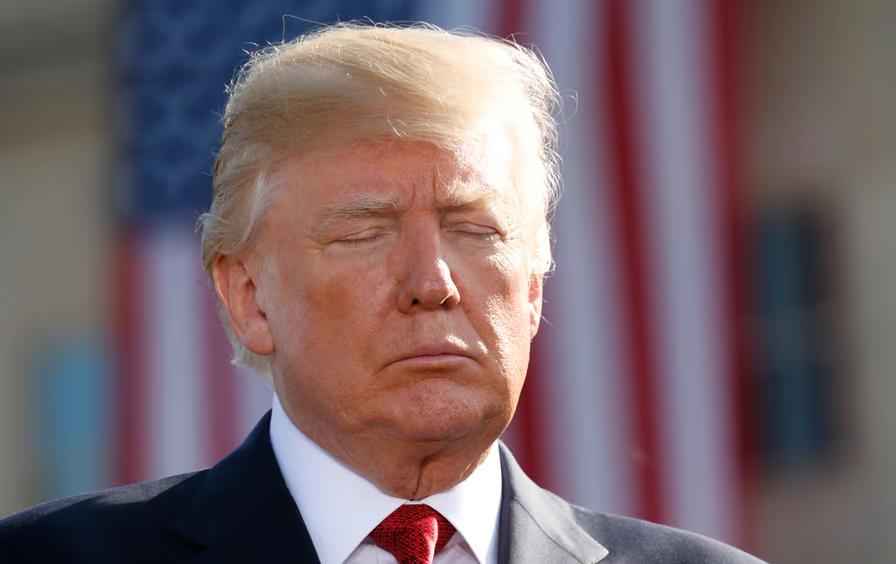Three Americans Safely Back Home After Negotiations with Russia
Aug 2, 2024 / GMT+6
The United States and Russia recently completed their largest prisoner exchange since the Cold War. This exchange involved the release of three Americans: journalist Evan Gershkovich, corporate security executive Paul Whelan, and journalist Alsu Kurmasheva.
More topics for you...This topic continues below.
China reports record $1.2 trillion trade surplus for 2025, defying Trump's tariffs.
They arrived back in the U.S. at Andrews Air Force Base, where they were joyfully reunited with their families.
This exchange was part of a larger deal that freed a total of 24 people, including dissidents like Vladimir Kara-Murza. Despite the tense relations between the U.S. and Russia, this swap was seen as a significant diplomatic achievement.
Biden hailed the swap as a significant diplomatic victory, marking it as the largest in a series of exchanges with Russia. However, the arrangement, much like previous ones, highlighted a fundamental disparity: The U.S. and its allies surrendered Russians accused or convicted of major offenses in return for Russia freeing journalists, activists, and others held by its politically motivated judiciary on what the West views as fabricated charges.
This prisoner exchange between the U.S. and Russia has had a good impact on their relations. On one hand, it shows that despite the ongoing conflict, both countries are still capable of negotiating and reaching agreements on humanitarian grounds. This could be seen as a positive step towards maintaining open channels of communication.
However, the broader geopolitical context remains strained, with significant disagreements on issues like Ukraine, cybersecurity, and human rights. While the exchange might not lead to a major thaw in relations, it does show that diplomacy can still function even in challenging times.







